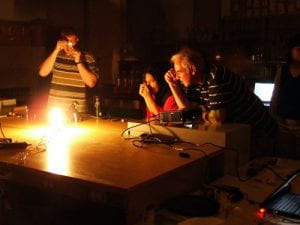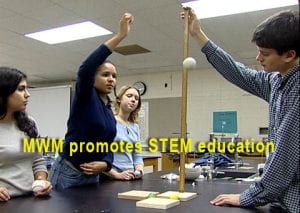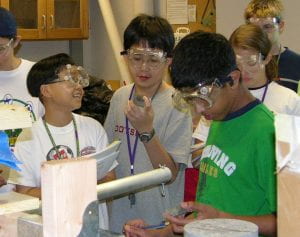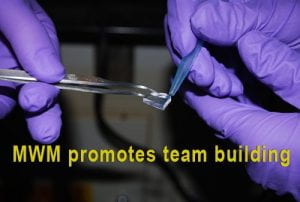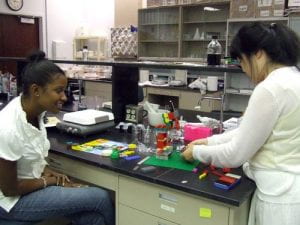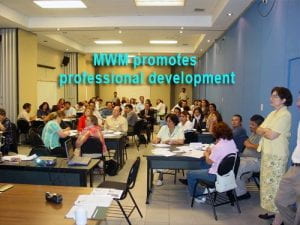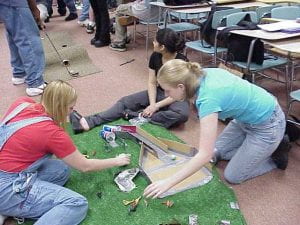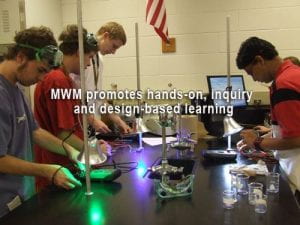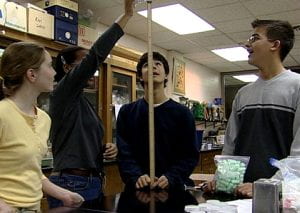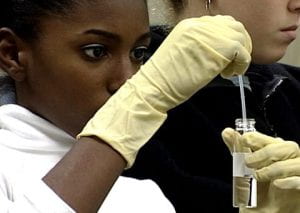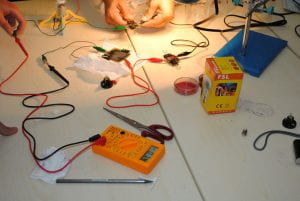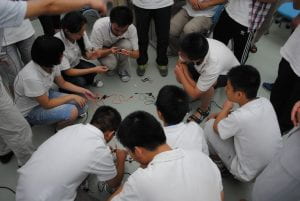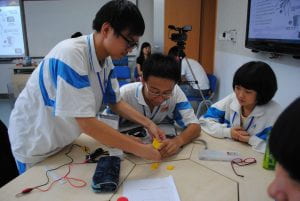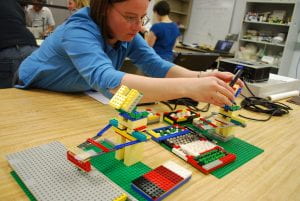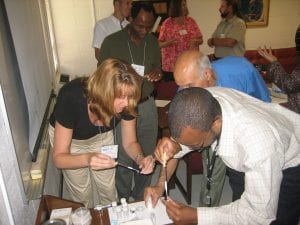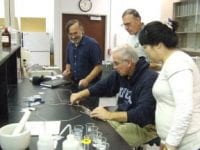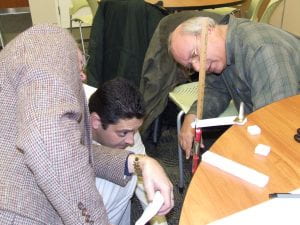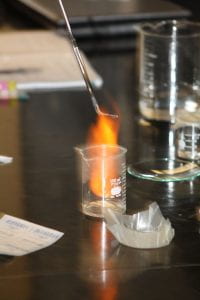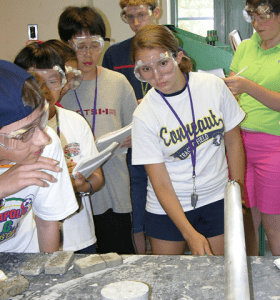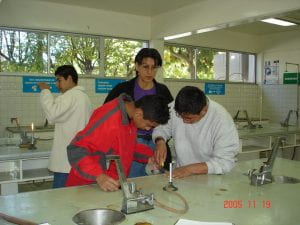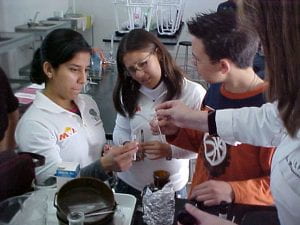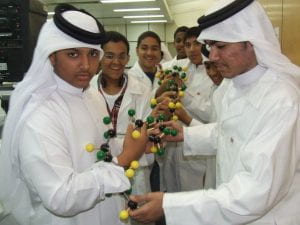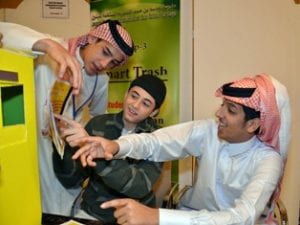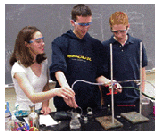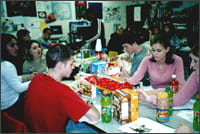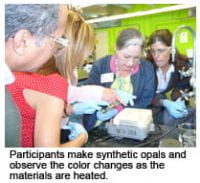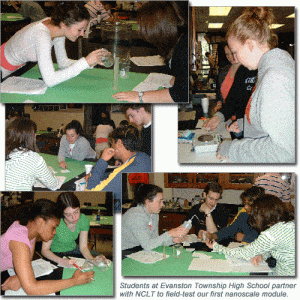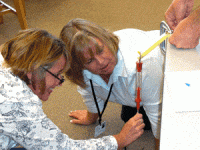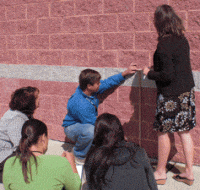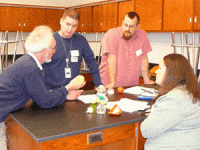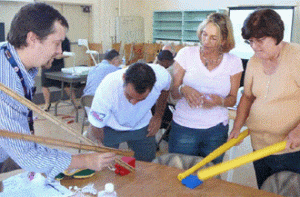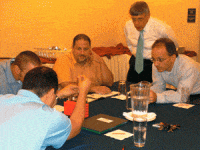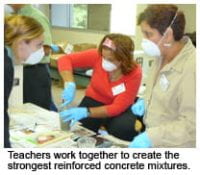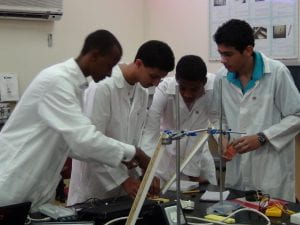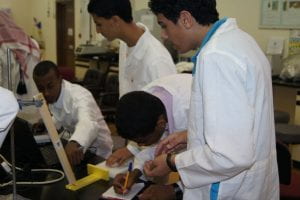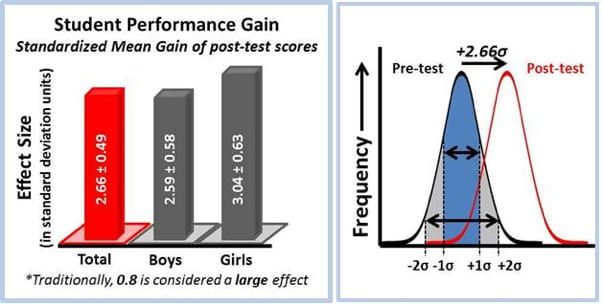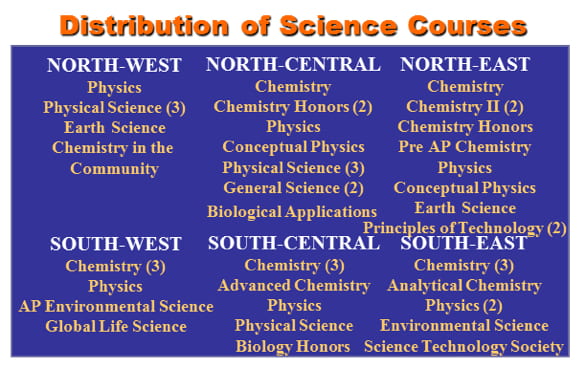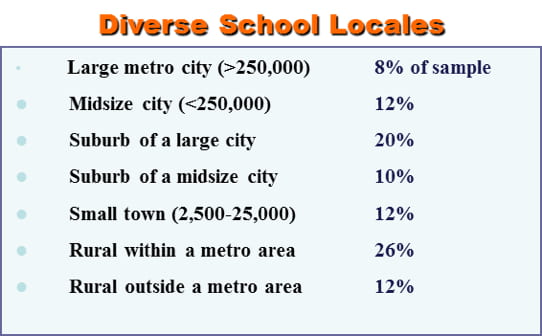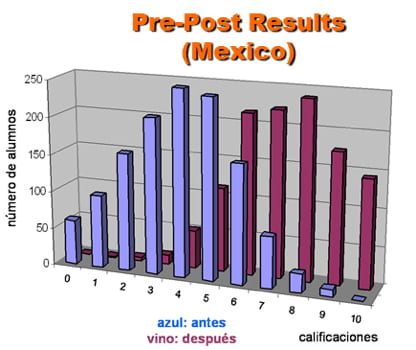
Welcome to MWM!The MWM program is an ongoing project that is dedicated to developing instructional materials (modules) that enrich existing middle and high school science and math curricula with learning activities that show concrete linkages between the concepts and skills from various science disciplines and everyday life. Towards that end, the project has developed a series of interdisciplinary modules based on topics in materials science. MWM engages students in making sense of the rich tapestry of materials that surround them and provides opportunity for them to “design” innovative prototype materials and/or systems that can impact society. MWM’s pedagogical approach centers on the principles of “inquiry through design” and utilizes hands-on learning activities that enable students to apply materials science concepts and skills to problems found in everyday life outside of school. The Materials World Modules create an environment of scientific inquiry within an engineering design context involving material objects; students ponder design problems that scientists and engineers encounter every day in the workplace. Incorporating inquiry within a materials design context helps to provide purpose and structure in the learning of underlying scientific concepts. |
Strengths
Here are some unique strengths of the MWM program:
- Interacts and works effectively with schools, districts, and federal agencies
- Supported hundreds of schools, thousands of precollege teachers, and reached over 200,000 students around the world (with global reach to Mexico, Qatar, China, and Singapore)
- Recognized by The National Research Council for its efforts to bring engineering into the U.S. curriculum (Committee on K-12 Engineering Education Report, 2009)
- Delivers a research-driven integrated STEM program
- Brings to the classrooms an unique inquiry and engineering design pedagogy that meets NGSSand 21st century work skill-set
- Provides a cyber/real space interactive program with real-time assessment
- Introduces a new approach to 21st century learning and teaching by applying horizontal and vertical integration of STEM curricula
- Delivers latest research practices directly into middle school and high school classrooms
- Promotes community support to boost STEM literacy, and regional workforce and economic development
Modules
To date, the MWM offers sixteen interdisciplinary modules describe how materials and their properties can solve global problems and transform our everyday lives. Module topics cut across science disciplines and link them to engineering, math and technology applications. National Field Tests show an average student achievement gain of 2-3 standard deviations, regardless of classroom setting, level of teacher experience, student background knowledge, student gender, or student socio-economic background (below). These are the results of participating in a single 2-week MWM module – imagine the gains that will result from incorporating all sixteen MWM modules into the STEM curriculum!
 |
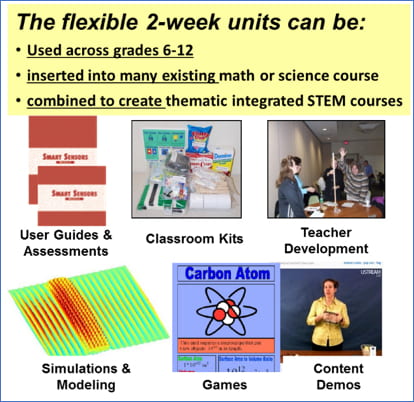 |
National RecognitionThe National Research Council has recognized MWM for its longevity and its transformative approach. The U.S. Department of Defense has purchased MWM modules for thousands of public school classrooms across the country and used MWM content to train teachers in nanotechnology and “inquiry-and-design.” |

